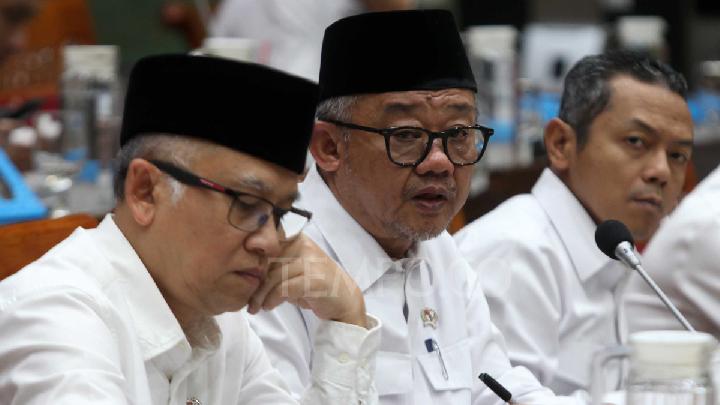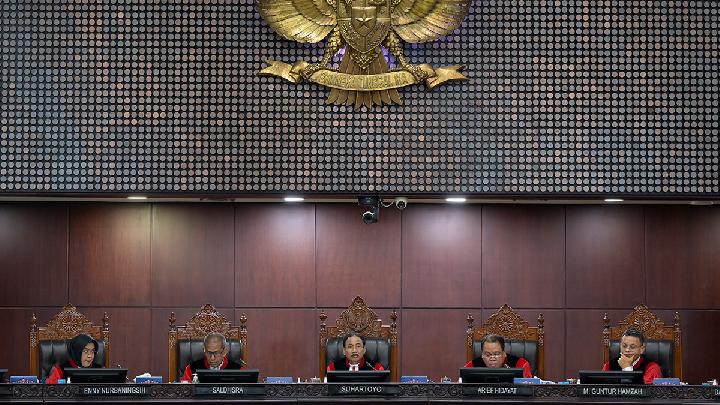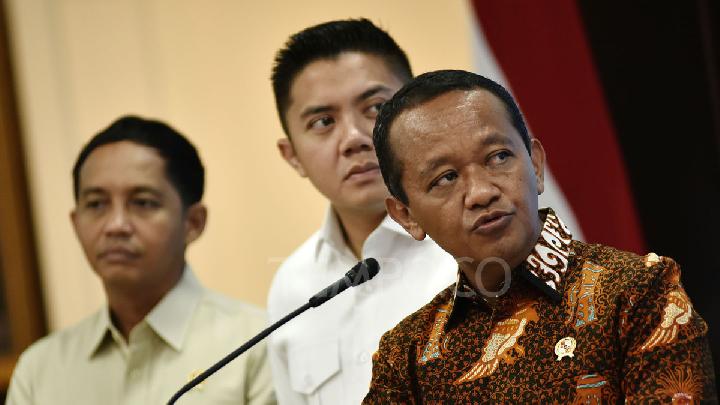ELON Musk has officially launched a new political entity called the "America Party," aimed at disrupting the entrenched two-party system in the United States. This move follows his rift with former ally of President Donald Trump, particularly after Trump signed a substantial tax and spending bill which Musk criticized for worsening the national debt, Axios reported.
Musk's America Party is positioned as a centrist alternative, focusing on technology, budget-consciousness, and pro-energy, aimed to appeal to around 80 percent of Americans whom he believes occupy a centrist political position.
What is Elon Musk's Intent in Establishing the Party?
Musk envisions the America Party as a vehicle to challenge the two major parties in the 2026 midterm elections, with goals including reducing the national debt and promoting sustainable energy.
His motivation also includes rejecting the Republican Party's support of Trump's "big beautiful bill," projected to increase the deficit by over $3 trillion in the next decade.
What is Needed to Build a New Party?
Musk was previously a key supporter of Trump, spending $277 million to support Trump and the Republican Party in 2024. Despite his sizable money, the task of building a viable third party in the US is extremely challenging.
Extensive organization is needed to gather thousands of voter signatures in each state to secure ballot access. This is a complex process due to the intricate and often partisan state laws.
Musk's efforts have drawn offers of help from other political groups such as Andrew Yang's Forward Party, which currently has 46 elected officials, the Libertarian Party, and various experienced consultants in ballot access and third-party politics.
Yang has expressed willingness to help Musk recruit candidates and work together to challenge the duopoly. The Libertarian Party, which has the broadest ballot access among small parties, has also pushed Musk to join, highlighting shared values such as fiscal responsibility and small government.
What Challenges Must Musk Overcome?
However, Musk faces significant challenges beyond legal and procedural hurdles. His erratic public behavior and shifting alliances-initially supporting Trump, then severing ties with him-have alienated voters across the political spectrum.
Experts note that the winner-takes-all electoral system in the US is fundamentally resistant to third parties, which must win outright to gain representation, unlike proportional systems in other democratic nations. Additionally, building party infrastructure, recruiting candidates, and organizing volunteers are daunting tasks that require long-term commitment and political expertise.
Musk, the world's richest person with an estimated net worth of $405 billion, has previously shown a willingness to make substantial investments in politics. However, his recent $20 million investment in a state appellate court election in Wisconsin ended in defeat, underscoring the limitations of wealth and celebrity influence in politics.
Consultants caution that while Musk's wealth may attract talent, he must be careful in selecting trusted and competent advisors, as the niche world of third-party petitions is rife with opportunists.
Can Elon Musk's Party Disrupt the Republicans?
Despite various obstacles, the America Party represents Musk's characteristic approach of identifying problems and aggressively pursuing solutions, regardless of the odds.
As reported by Al Arabiya, political analysts view Musk's party as a significant disruptor, especially considering the narrow majority of the Republican Party in Congress. Musk's appeal primarily resonates among tech-savvy young Americans, particularly men who admire him as a maverick and innovator.
Experts say that while the Republican Party's base remains highly loyal to Trump, Musk's party can still siphon support from moderate or independent Republicans, especially in hotly contested districts.
Historically, third parties have struggled to win seats in modern US general elections due to systemic barriers such as signature requirements, registration fees, and other state-specific rules designed to uphold the two-party system.
Previous efforts, like the "No Labels" party in 2024, have been total failures. Analysts generally agree that Elon Musk's party is unlikely to gain congressional seats, but it can still influence the political landscape by diverting votes from the Republican Party and funding challengers to Trump's preferred candidates in primaries, potentially shifting the balance in tight races.
Editor's Choice: What Are the Chances of Elon Musk's Party's Success in the US?
Click here to get the latest news updates from Tempo on Google News








































:strip_icc():format(jpeg)/kly-media-production/medias/3110450/original/059507500_1587634731-Praying_Hands_With_Faith_In_Religion_And_Belief_In_God__Power_Of_Hope_And_Devotion___1_.jpg)

:strip_icc():format(jpeg)/kly-media-production/medias/5264803/original/026336600_1750904581-Cek_Fakta_Tidak_Benar_Ini_Link_Pendaftaran__11_.jpg)





:strip_icc():format(jpeg)/kly-media-production/medias/4104109/original/021435300_1658997499-27301720_7293572.jpg)
:strip_icc():format(jpeg)/kly-media-production/medias/5263442/original/009790100_1750822278-Cek_Fakta_Tidak_Benar_Ini_Link_Pendaftaran__2_.jpg)